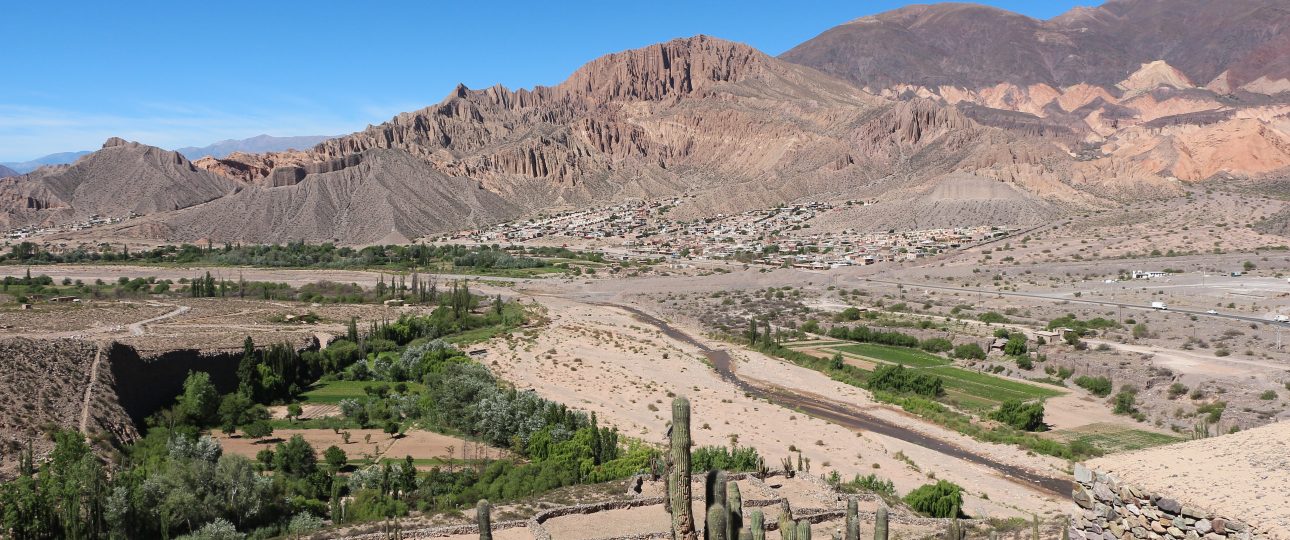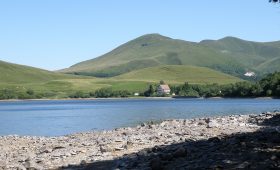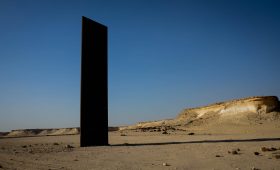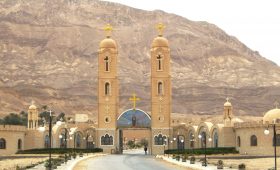Exploring Quebrada de Humahuaca, Argentina
Location and Geography
Quebrada de Humahuaca is a striking valley located in the Jujuy province of northern Argentina. Stretching approximately 155 kilometers, this UNESCO World Heritage site is renowned for its dramatic landscapes, vivid colors, and unique rock formations. The valley is bordered by the Andes Mountains to the west, enhancing its scenic beauty. It is divided into three sections: lower, middle, and upper, each offering distinct attractions and experiences.
History and Cultural Significance
The history of Quebrada de Humahuaca spans thousands of years, with evidence of human habitation dating back to prehistoric times. The valley has been inhabited by various indigenous communities, including the Quechua, Aymara, and Omaguaca peoples. Historically, it served as a vital trade route, linking the Andean highlands with the lowlands, fostering a rich cultural exchange that is evident in the region’s diverse traditions, customs, and architectural styles.
Visitors can explore colonial towns, ancient ruins, and traditional adobe houses, all of which offer a glimpse into the area’s vibrant past.
Best Time to Visit
The ideal time to visit Quebrada de Humahuaca is during the dry season, from May to October. During these months, the weather is mild, and you can enjoy the valley’s beauty without the disruption of heavy rainfall. However, temperatures can drop significantly in winter, so pack warm clothing if visiting during this period. The summer months can be hot, but the valley’s high altitude provides some relief from the heat.
How to Get There
The nearest major airport is in Jujuy, which has connections to Buenos Aires and other major Argentine cities. From Jujuy, you can take a bus or rent a car to reach the valley, a journey that takes about 1.5 to 2 hours. As you approach Quebrada de Humahuaca, prepare to be captivated by the stunning views that unfold.
Local Transportation
Exploring Quebrada de Humahuaca is best done on foot or with a local guide who can share insights into the region’s history and culture. The towns within the valley are small and easily navigable on foot. For those looking to cover more ground, renting a bicycle is a popular option, allowing you to explore at your own pace while enjoying the breathtaking landscapes.
Buses are available for longer distances, connecting you to neighboring towns or points of interest. It’s wise to check bus schedules in advance, as they may vary by season.
Notable Attractions
Purmamarca
Purmamarca is a charming village known for the Cerro de los Siete Colores (Hill of Seven Colors), a natural wonder displaying a stunning array of colors. Wander through the picturesque streets, visit the local market for unique handicrafts, and savor traditional Andean cuisine at local eateries.
Tilcara
Tilcara is famous for the Pucará de Tilcara, an archaeological site that offers insight into the region’s indigenous past and provides panoramic views of the surrounding landscapes. While in Tilcara, explore the cobblestone streets, visit the Museo Arqueológico to learn more about the area’s history, and try the delicious local empanadas.
Hornocal
The Serranía de Hornocal, known as the “Mountain of 14 Colors,” is a must-visit for those seeking awe-inspiring vistas. The vibrant hues of the rock formations create a mesmerizing spectacle. Be prepared for a steep climb to reach the viewpoint, but the effort is rewarded with breathtaking panoramic views.
Practical Tips
- Quebrada de Humahuaca is located in Jujuy, Argentina, and is a UNESCO World Heritage site.
- The valley stretches for approximately 155 kilometers.
- The best time to visit is during the dry season, from May to October.
- The closest major airport is in Jujuy.
- Local transportation options include walking, cycling, and buses.
- Purmamarca is known for Cerro de los Siete Colores.
- Tilcara is famous for Pucará de Tilcara.
- Hornocal offers stunning panoramic views of colorful rock formations.




